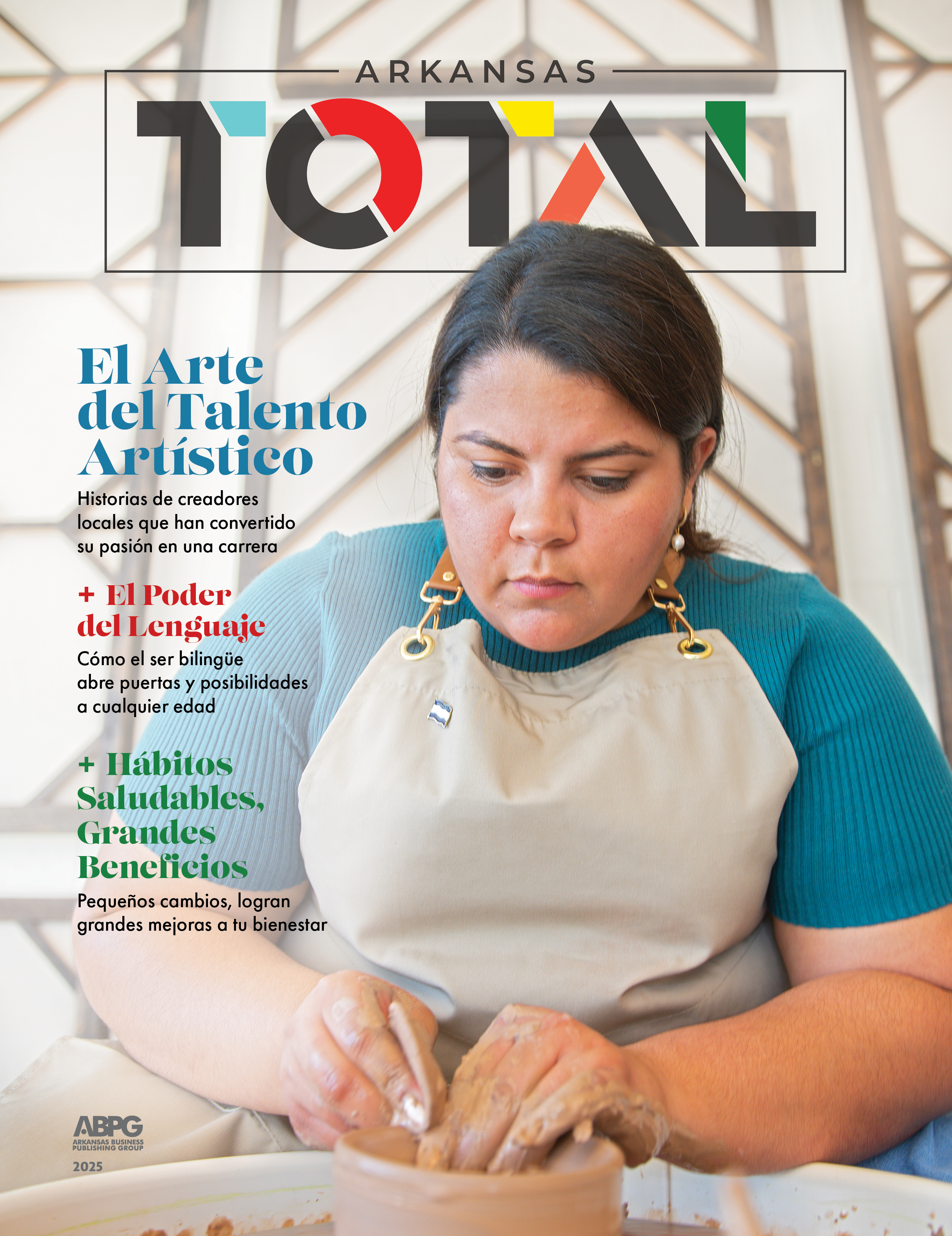Dancing Through Life

También puedes leer este artículo en español, Bailando por la Vida.
The United States has long been referred to as a melting pot when it comes to embracing different cultures, and Arkansas is rightfully in the middle of this celebration. From food to clothing, authenticity can come from any of the facets a culture shares. Leticia Reta and Ballet Folklorico Quetzalli students are sharing their passion for traditional dances. Born in Mexico, Reta began dancing as a young girl.
“The schools taught kids, [from] very early ages, to dance. All the kids that had the opportunity were able to participate, and I was one of the lucky kids to be able to participate since year one,” she said.
Reta moved to the U.S. when she was 24, and when she had children of her own, she realized there were no programs like what she grew up with. Seeing her kids feel like they didn’t belong, she began to look for places that offered dance classes but found they were too expensive.
“So I said, ‘Look, this is something I can create.’ I started dancing with the kids and teaching them how to dance, and then a church invited me to participate,” she said. “Then family members started showing support. The neighbors and church people started getting together and asking if I could teach them.”
And so was born Ballet Folklorico Quetzalli which helps fill “the need to feel a sense of belonging in this country” for her students.
Now in its 18th year, the dance company, based in Little Rock, performs two to three times a year at festivals, colleges, fairs and towns. It’s a colorful and entertaining way to celebrate culture, and there are similar troupes and organizations in other states.
Reta said that for many years the Jarabe Tapatio was the only dance, but it didn’t represent the extent of Mexican culture.
“Mexico has 31 states and every state has different rituals, different dances, different music … every state has their own culture,” she said.
Ballet Folklorico Quetzalli incorporates dances from Jalisco, Puebla, Chiapas, Oaxaca and San Luis Potosí.
Since she grew up with these dances, Reta wants the next generations to feel connected to their roots.
“Sometimes when kids grow here, they don’t feel like they belong here nor there,” she said.
By teaching various dances from around Mexico, she gives kids a chance to see how their parents grew up, providing a gateway between the cultures.
Reta’s classes are open to all.
“It's a willingness to learn, to follow the steps, to have the time. Anybody can join — anybody who loves dancing,” she said. “I’m proud of what we’ve accomplished. We’re culturally so vast, so extensive. It’s kind of hard, but we’re proud of being here and teaching people even a little bit about our culture and traditions.”
LatinX Theater Project gives a voice to the underrepresented

Supported by and making its home in Fayetteville’s TheatreSquared, Northwest Arkansas’ LatinX Theater Project offers a wide range of performances with a singular focus on inclusion.
“I think the response we hear most often is ‘It’s so nice to see and hear myself on stage,’" Rivas said. “I think that really is such an important part of what the company is able to do.”

